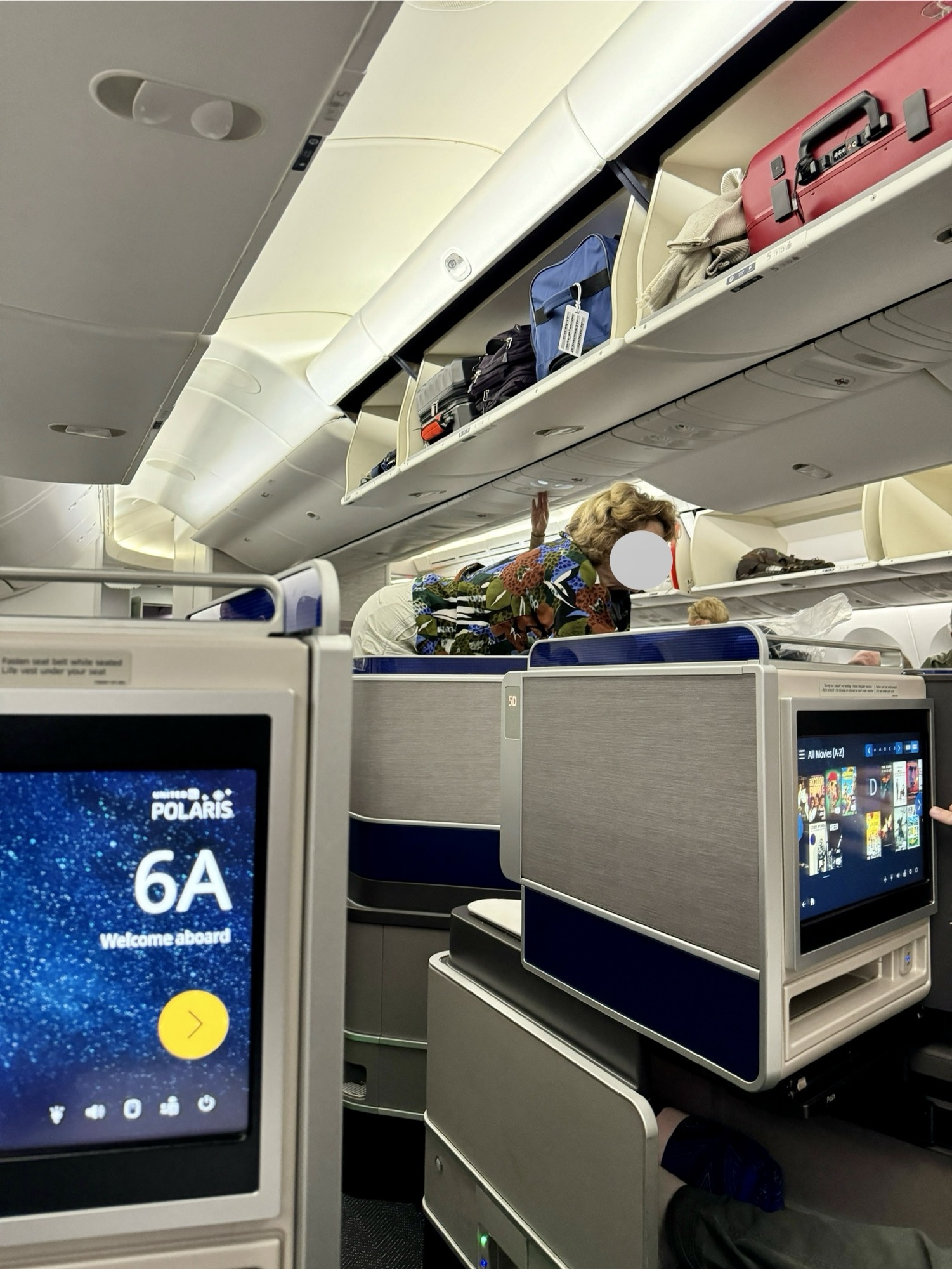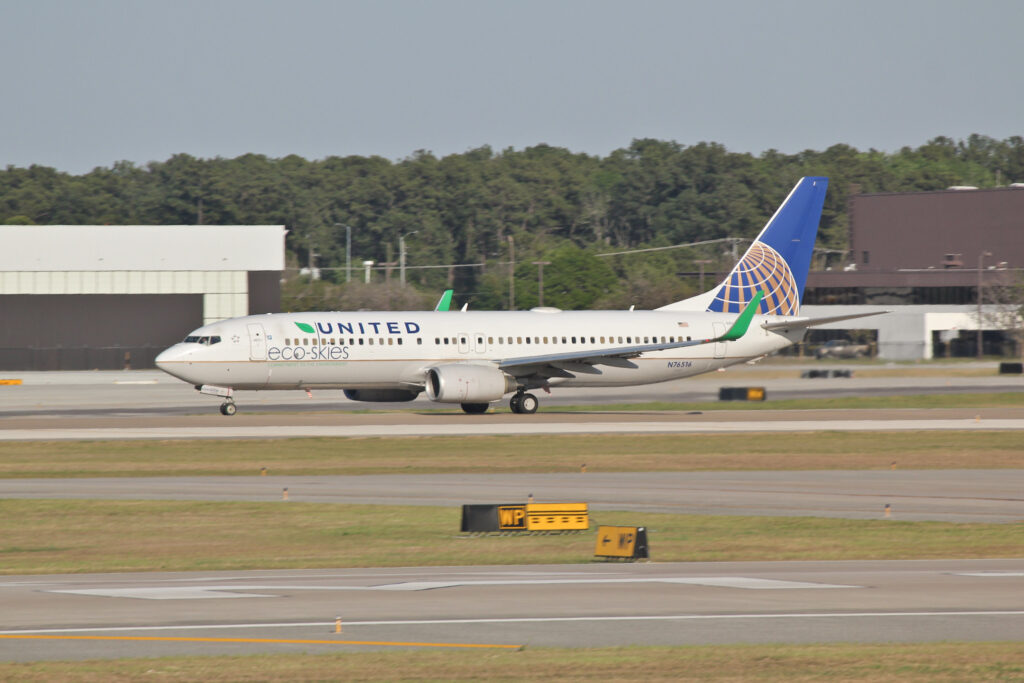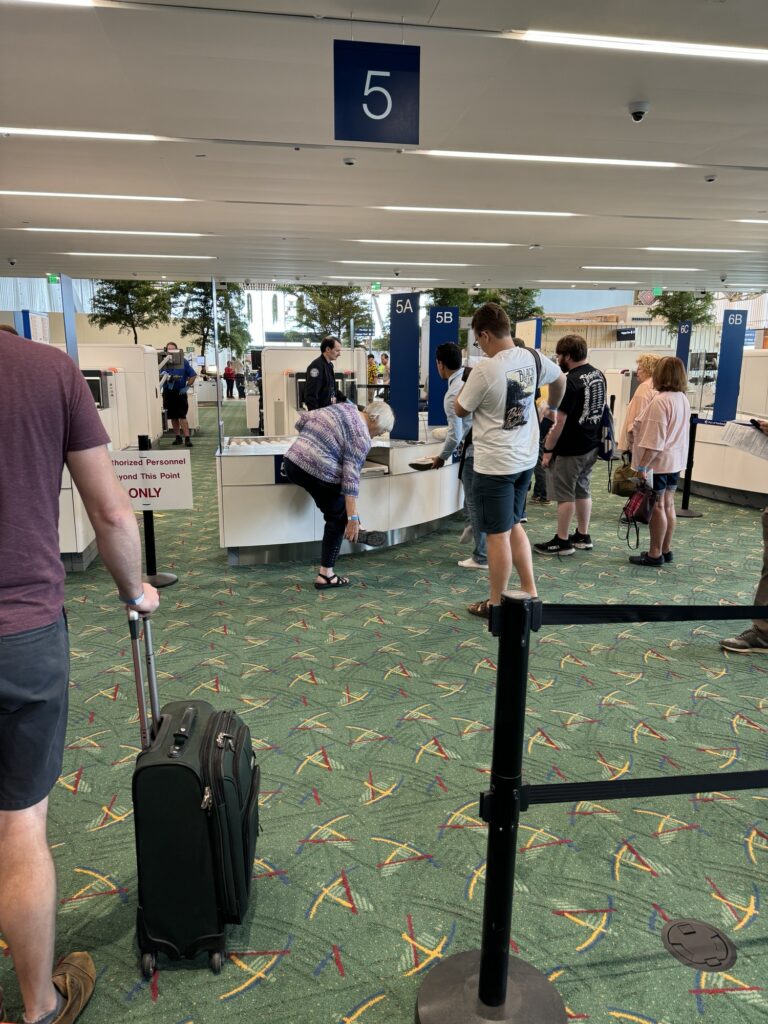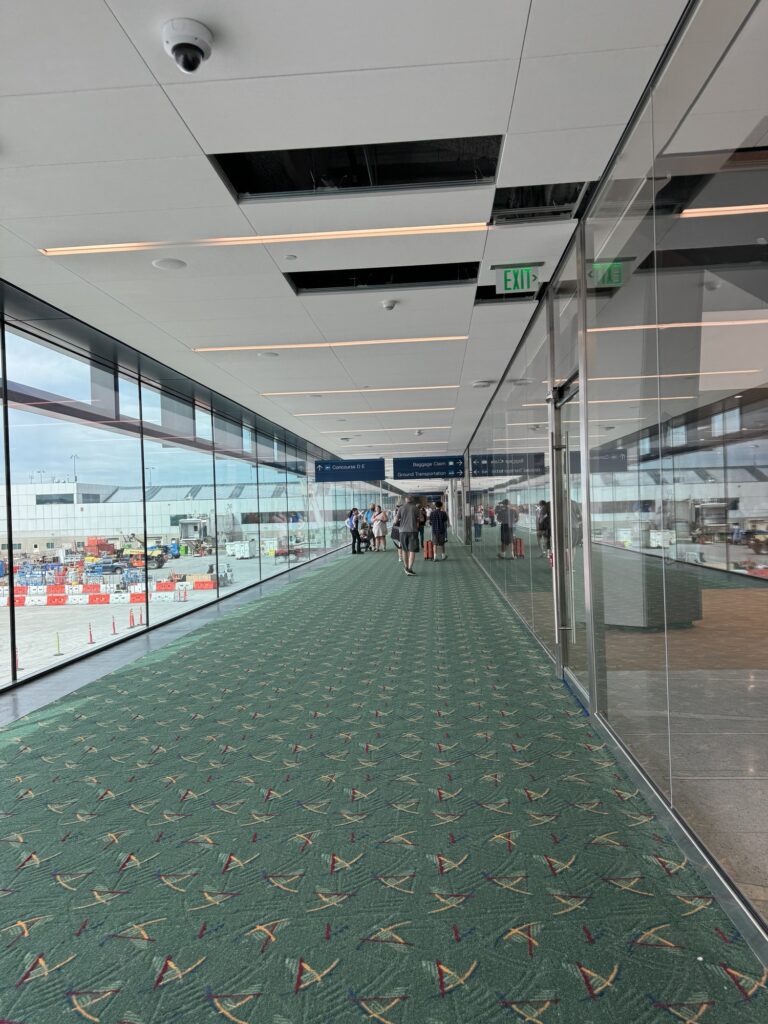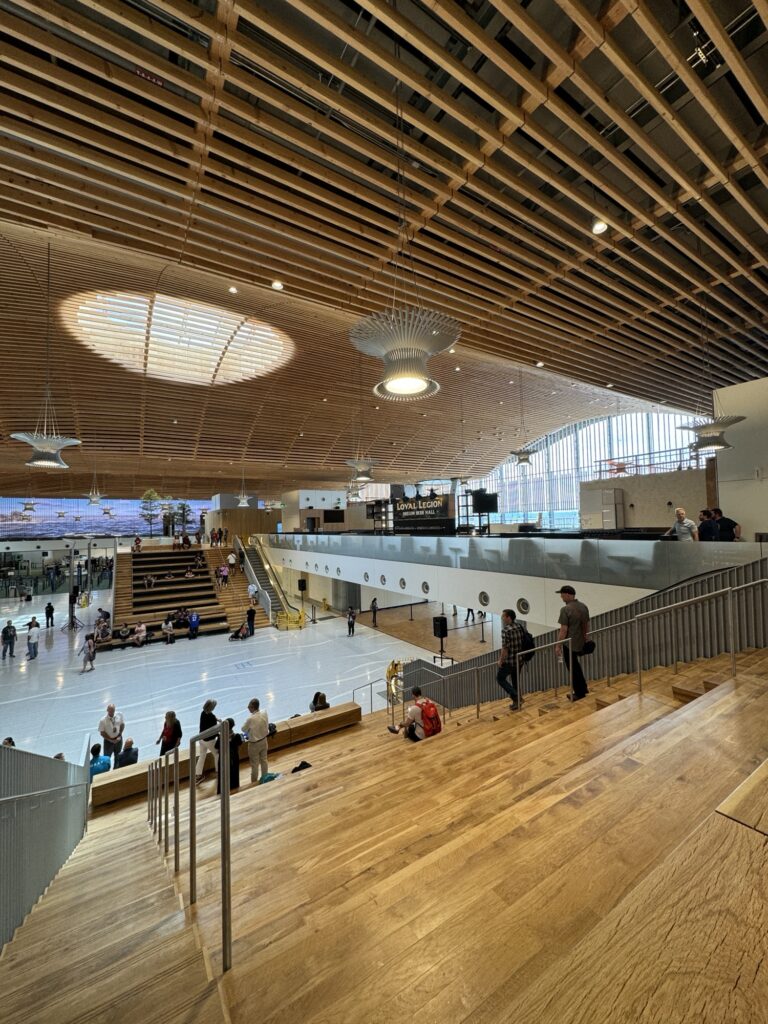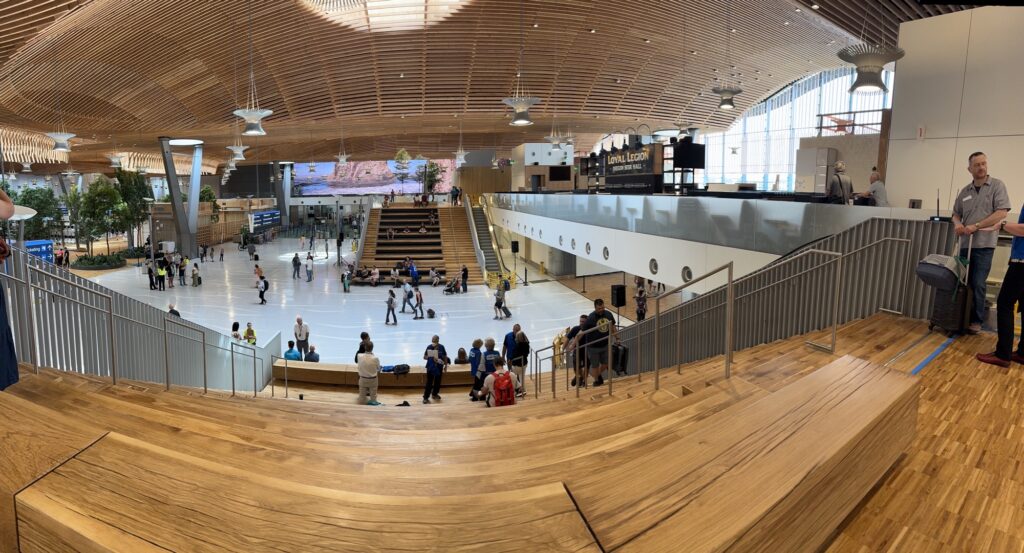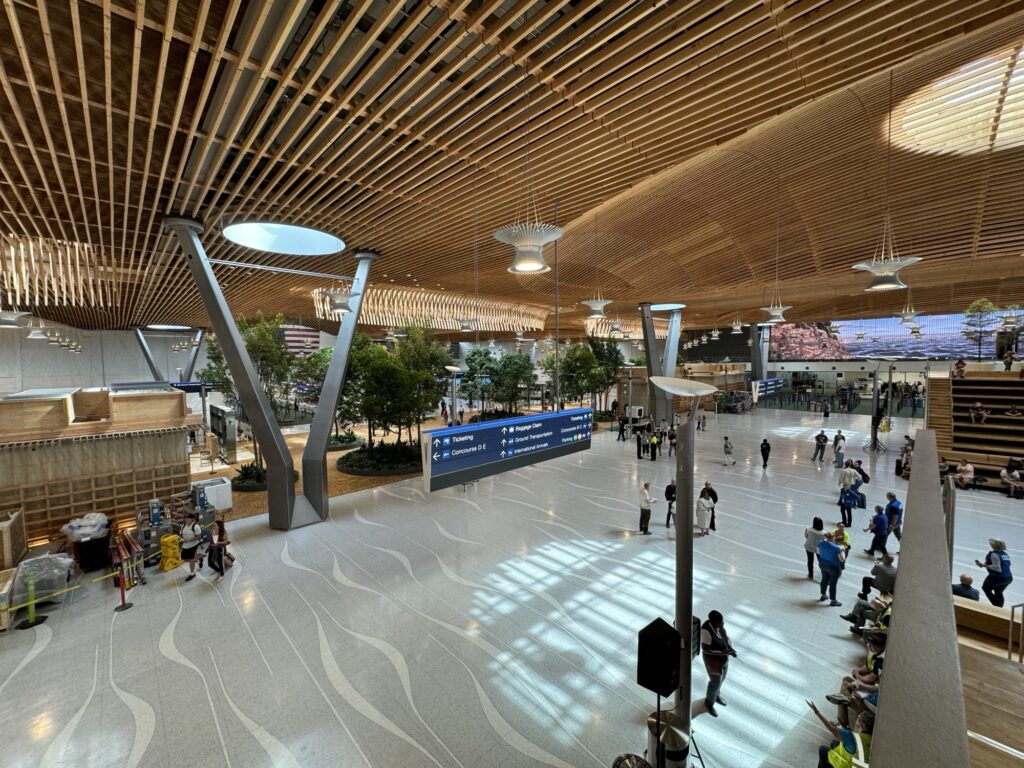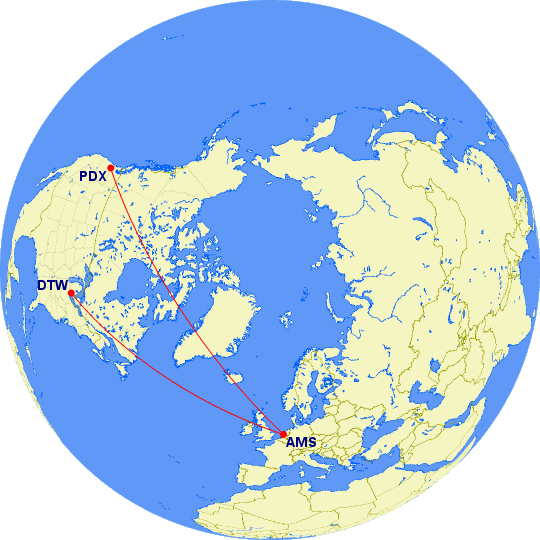
I recently wrote about United Airlines increasing the spend and flight requirements for every status level in their MileagePlus frequent flyer program. The changes bring them in line with the monetary requirements as their equivalent Delta Medallion statuses, the one difference being that Delta does not require a certain number of flights in exchange for lower spend.
My take on the changes is that United is definitely trying to push people to spend on their credit cards, even upping the number of elite points you can earn from that spend. They are also looking to get a little bit more spend from those frequent flyers who were right on the cusp of earning the next highest status. Lastly, they are trying to “thin the herd” of frequent flyers a tad bit, though I think this isn’t as much of a motivator as some make it out to be. If you want to hear more about the motivations of United, you can listen to a recent episode of Dots, Lines, and Destinations where we had Ed Pizzarello on as a guest to talk about United’s elite status requirement increases.
From the title, you can probably guess where this is going. This year I made it to United’s Platinum status and could probably push it to make it to 1K for 2025, but requalifying next year for 1K with the new requirements would be close to impossible. I am a lifetime Gold with United after flying over 1 million miles on them (and Continental) and so I will have those benefits no matter what. If I really wanted to spend a lot of time on airplanes over the next year, I could shoot for 3 million miles (I need about 1.3 million more) and get lifetime 1K but I think I value my sanity too much to even attempt that.
So, going forward I am not going to prioritize United in my travel plans. I’ll look at schedules and price and make a decision based solely on that. When possible I am going to lean toward flying Alaska Airlines or their oneworld alliance partners. If United comes up cheaper and/or with a better schedule, I will still consider them but I just can’t justify going out of my way to fly them.
This isn’t an easy decision, I love Star Alliance and the number of options they have around the world. I love that United does offer a really cool upgrade option PlusPoints, even if it has been difficult to use them on long haul international routes. I love that United has been adding lots of new destinations. I love that the 1K phone line actually gets you to the front of the queue. That’s what makes it hard to just go fly someone else.
Here’s the math I have been pondering. I used to fly Portland-Newark every week for about 30 weeks a year. Looking at average prices it was around $500-$600 roundtrip. Taking the high end of that, it was about $18,000 in spend and 60 flights. That used to qualify me for 1K. Next year I would need to spend an additional $10,000 to qualify for 1K. And I don’t travel nearly that much anymore, but I do quite a bit of long haul international travel that is fairly expensive and I still didn’t make 1K this year and don’t really want to give United the few thousand dollars it would take to make it.
There is also the question of where the airlines think they are economically and just how long the post-Covid travel boom will last. If in the next year travel were to slow, they could easily adjust their requirements or give bonuses to help people qualify that otherwise wouldn’t, but I can’t be the only frequent flyer who doesn’t live in a hub looking at these changes and questioning which airline I spend my money with and why.
What do you think? Am I making a rash decision? Should I stick with United for another year?


